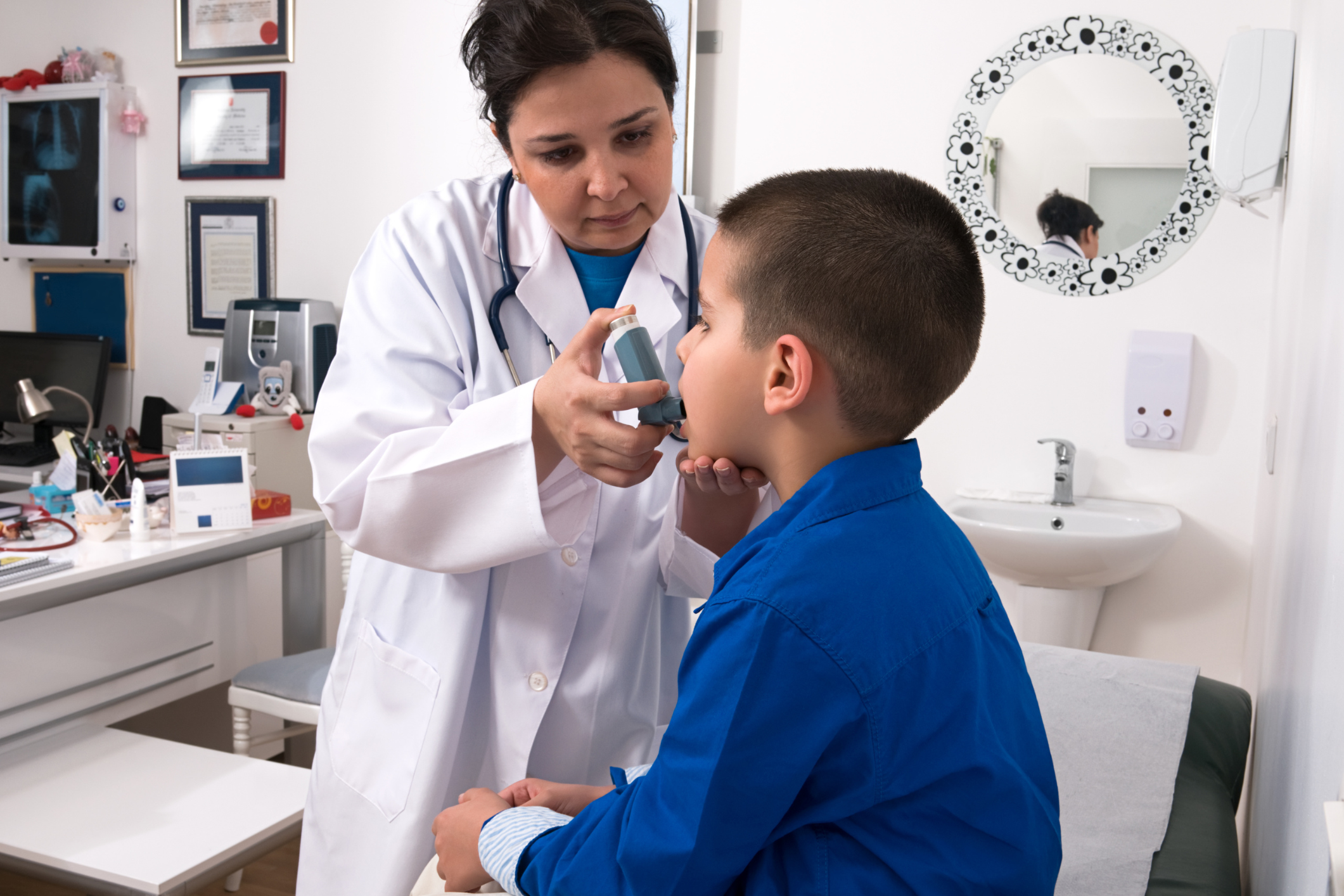
Mental Health 101: Common Disorders and Warning Signs
Mental health issues are on the rise, particularly for young teens and adolescents. As a school nurse, it’s important to understand and recognize these issues in order to provide the best student care.
This blog will explore some common mental health issues and the various ways school nurses and health staff can help normalize emotions and support their students.
Common Mental Health Issues
A March 2021 report shows that mental health issues in children ages 13 – 19 are steadily increasing:
- 93.6% increase in anxiety
- 83.9% increase in depression
- 333.93% increase in self-harm
- 62.7% increase in substance abuse
These mental health conditions often begin as a coping mechanism and snowball into a larger issue over time. Here are some warning signs to look out for.
Anxiety
There is a big difference between stress and anxiety. A temporary stressor like an upcoming test or homework assignment can actually be a good thing — it motivates the student to focus and get things done. A persistent worry, however, creates anxiety and affects one’s ability to function. Common symptoms of anxiety include a racing heartbeat, sweaty palms, shortness of breath, and an upset stomach.
Anxiety is a communication method that tells our brain something is important to us. When a student is displaying symptoms of anxiety, it can be helpful to acknowledge their emotions in a positive way. Medication can also be beneficial for some students struggling with long-term anxiety.
Depression
Teenagers are notoriously moody and hormonal — but those mood swings can also be a sign of depression. Compared to sadness, which is typically a short-term feeling about a specific situation, depression lingers for several days or more. Symptoms often include a consistent low mood, fatigue, over or undereating, lack of interest or engagement in daily activities, isolation, and self-harm behaviors.
“Oftentimes [depression] is a difficult feeling to articulate,” says Gabriella Pelosi, LMHC, of D&G Wellness Consulting. “It’s important to help students decipher this feeling and normalize the conversation.”
Supporting someone while they navigate depression can be complicated and nuanced. As a school nurse, it’s important to listen, validate, and be compassionate.
Self-harm
Depression is often associated with self-harm as this type of behavior is a coping method. If a student is going through something and feeling helpless, they might turn to self-harm as a way to feel something. Be on the lookout for scars, fresh wounds, or students who wear long clothing year-round.
Self-harm is a method of communication that alerts school nurses and health staff that something is happening behind-the-scenes. Take notice of scars and step in when you see fresh injuries. Ask the student if they’re okay and what’s going on in their life. Continue to check in with the student; self-harm is not always a sign of suicidal thoughts, but it is something to be concerned about.
Substance Abuse
While some degree of curiosity about drugs and alcohol can be normal for teenagers, frequent substance use or dependency is an issue. A student may turn to substances if they have trouble expressing emotions, a lack of hobbies, or difficulty coping with a situation in their life. Warning signs might include bloodshot eyes, change in appearance or behavior, impaired coordination, or excessive lethargy.
School nurses can help prevent substance misuse by educating their community on the dangers and risks and having an early intervention plan.
Eating Disorders
There are many misconceptions about eating disorders from the media. Eating disorders look different for everyone and are not always visible on the surface, but they affect people in all walks of life — no matter the size or shape of one’s body. Warning signs include feeling faint, lightheadedness, and moodiness. Eating disorders can present similarly to anxiety and depression.
“Eating disorders are all about food, but not about food at all. It’s about coping,” says Danielle Vallas, LMHC, of D&G Wellness Consulting.
How can you help? The nurse’s office can be a safe place for students who struggle to eat lunch. Or, a student might find refuge in your office after returning to school from eating disorder treatment and making a plan for engaging in school activities.
Why Emotions Matter at School
One of the best ways to support student mental health is to normalize emotions both in and outside of school. Students cope with difficult situations by self-harming, restricting, or engaging in other negative behaviors. If we teach our community how to regulate and welcome these emotions, we can help students process them in a healthy way. For more information on mental health at K-12 schools, watch our recent webinar with D&G Wellness.
Magnus Health can help, too. Our student health record software empowers school nurses with treatment notes, counselor-specific templates and reporting, medication administration, and communication tools. Contact us to learn more.

